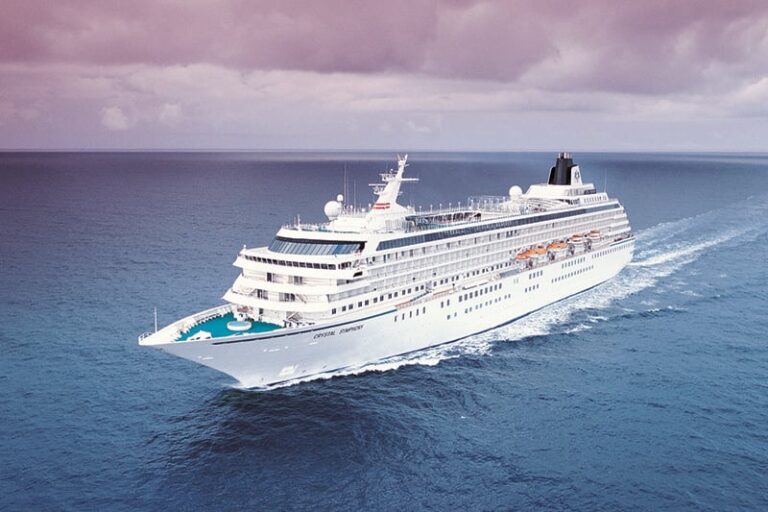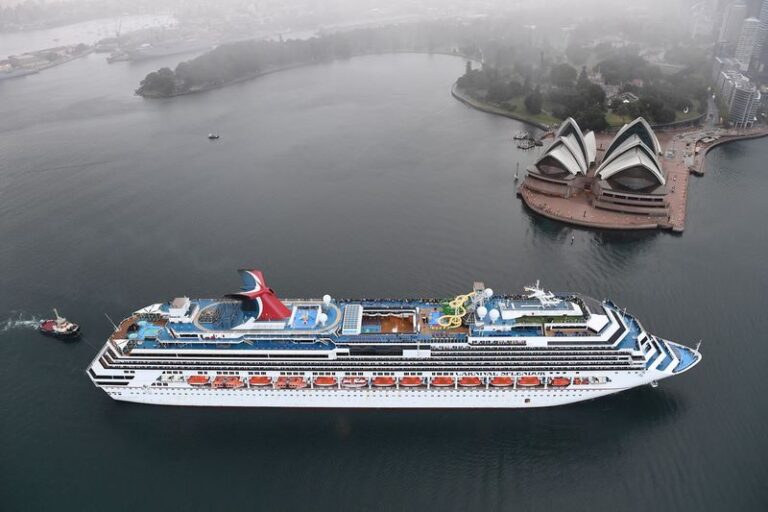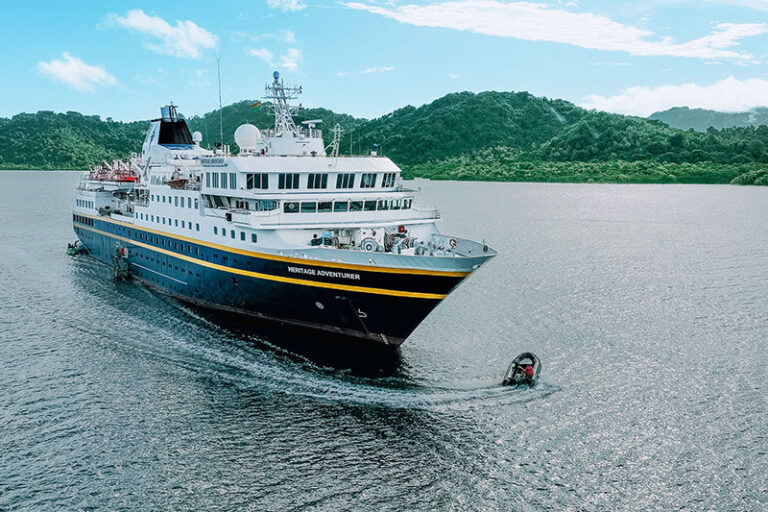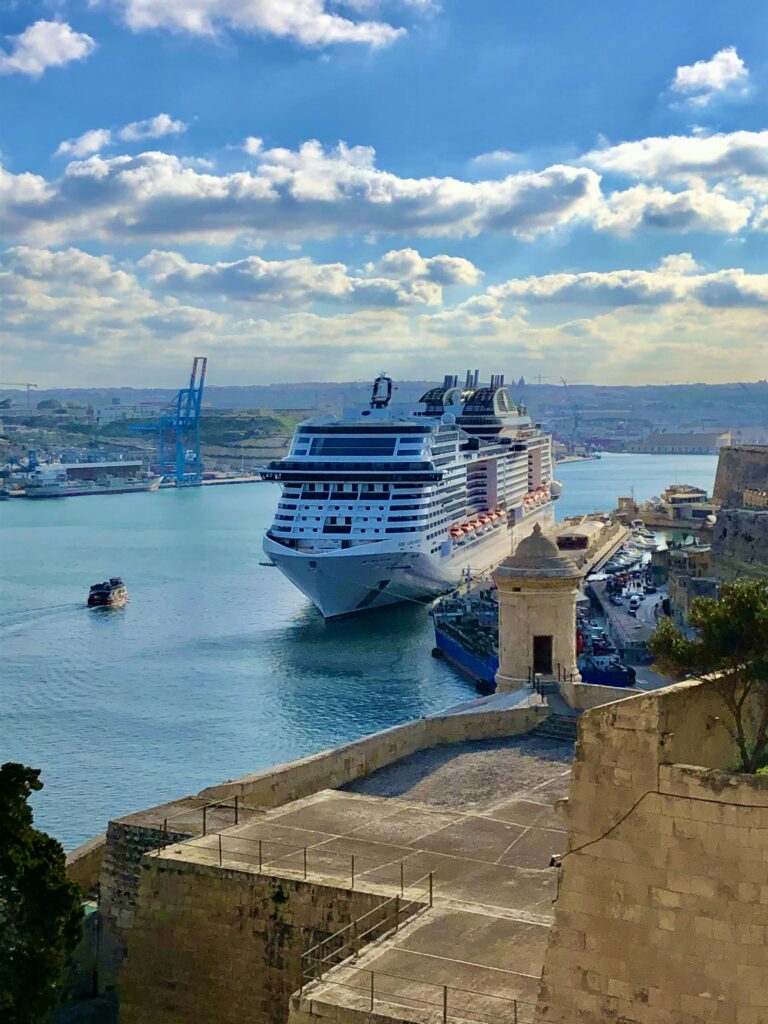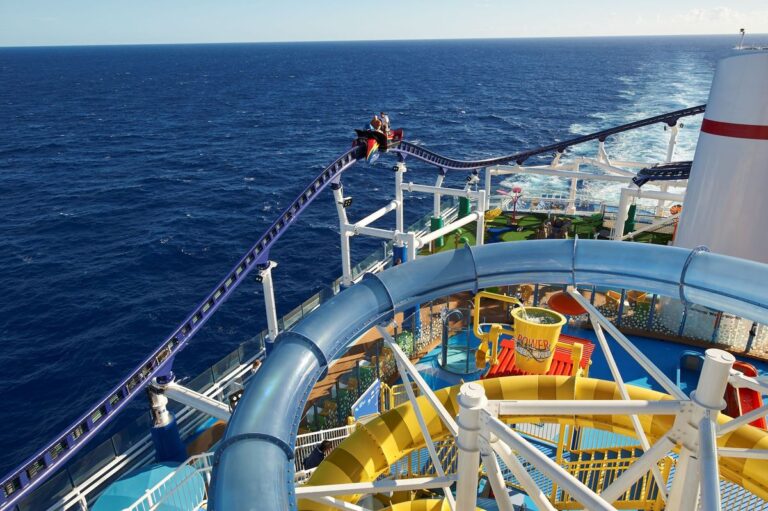Collaborate for the Greater Good: Advancements and Challenges in the Cruise Industry
In “Collaborate for the Greater Good: Advancements and Challenges in the cruise industry,” Pierfrancesco Vago, global chair of CLIA and executive chairman of MSC Cruises, emphasizes the importance of collaboration and innovation in the cruise industry. Despite facing challenges, Vago believes that the industry’s investments in technology and environmental sustainability are making significant advancements. He highlights the industry’s efforts to reduce emissions, diversify energy solutions, and invest in fuel flexibility and propulsion technologies. Additionally, Vago calls on governments to support the industry’s transition to renewable energy by allocating funds from the EU Emissions Trading Scheme. Overall, Vago emphasizes the need for industry leaders and governments to work together and find common solutions for a sustainable future in the cruise industry.
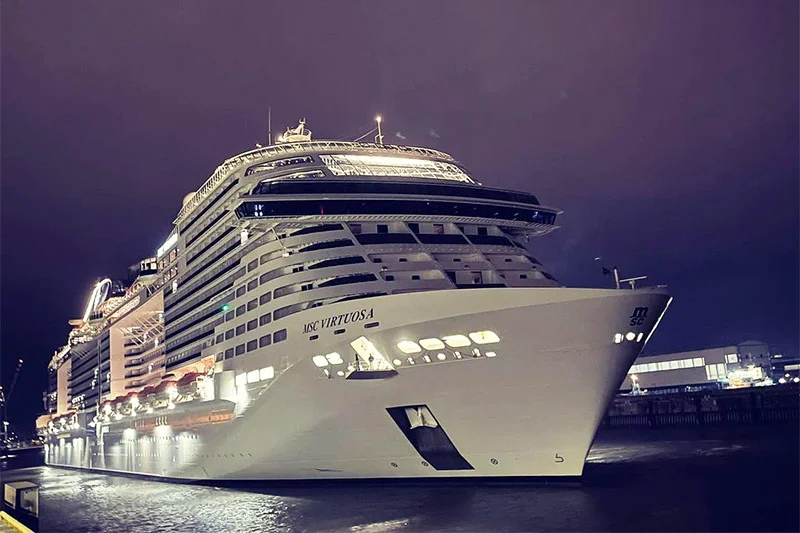
The Current State of the Cruise Industry
The cruise industry plays a crucial role in global tourism, offering a unique and enjoyable holiday experience for travelers. It is an important source of revenue for many countries, providing jobs and economic growth. With its vast array of destinations and activities, the cruise industry attracts millions of passengers each year.
Currently, the major source markets for the cruise industry are Germany and Europe. Germany, in particular, stands out as the largest cruise source market in Europe, with several important cruise ports that serve as turnaround and home ports, as well as popular tourist destinations. These ports contribute significantly to the success of the cruise industry, attracting both domestic and international travelers.
In recent years, the cruise industry has witnessed several shifts and trends in travel preferences. One notable trend is the incorporation of innovative technologies. Cruise lines are investing in cutting-edge technologies to enhance the overall experience for passengers. From high-tech entertainment systems to advanced navigation and safety features, these innovations are revolutionizing the way people cruise.
Another significant advancement in the cruise industry is the focus on sustainability and reducing carbon emissions. Many cruise lines have made commitments to achieve net zero emissions targets. Investments are being made in green technologies and infrastructure to support these efforts. This shift towards environmentally friendly practices demonstrates the industry’s commitment to responsible tourism.
Furthermore, the cruise industry is adapting to new propulsion and conversion abilities. Dual fuel engines and fuel cell technology are being explored to reduce reliance on traditional fossil fuels. These new propulsion systems not only minimize environmental impact but also offer greater flexibility and efficiency in cruise operations.
To supplement these advancements, cruise lines are introducing diversified energy solutions. Liquefied natural gas (LNG) has emerged as a popular alternative fuel for cruise ships. LNG-powered ships emit fewer greenhouse gases and have reduced air pollution compared to traditional fuel sources. Methanol ready newbuilds are also gaining traction in the industry, providing additional options for cleaner energy consumption.
Green Technologies in the Cruise Industry
In line with the industry’s commitment to sustainability, significant investments are being made in fuel flexibility and propulsion technologies. Cruise lines are exploring various options to reduce their reliance on traditional fossil fuels and adopt greener alternatives. This not only helps in reducing carbon emissions but also ensures compliance with stringent environmental regulations.
One notable advancement in green technologies is the rise of LNG-powered ships. LNG is a cleaner-burning fuel compared to traditional marine fuels, resulting in lower emissions. As a result, many cruise lines are investing in LNG-powered ships to meet their environmental goals. Methanol ready newbuilds are also being introduced, offering the potential for further emissions reductions.
Fuel cell technology is another promising development in the cruise industry. Fuel cells use hydrogen to produce electricity and have the potential to significantly reduce carbon emissions. Cruise lines are exploring the use of fuel cells for power sharing, allowing for efficient and sustainable energy distribution on board.
These advancements in green technologies are not only driven by environmental concerns but also make economic sense for the cruise industry. By investing in fuel flexibility and diversified energy solutions, cruise lines can reduce operating costs, enhance operational efficiency, and improve the overall passenger experience.
Infrastructure Challenges and Needs
While the cruise industry is making significant progress in adopting green technologies, it faces several infrastructure challenges and needs. One of the major challenges is the limited availability of power at ports. infrastructure for shore power, which allows ships to connect to the local power grid while docked, is still lacking in many ports worldwide. This poses a challenge for cruise lines aiming to reduce emissions while in port.
However, there are encouraging signs of progress. Some ports, particularly in Germany, have taken the lead in providing shoreside electricity. Ports like Hamburg, Rostock, and Kiel already offer shoreside electricity and are actively planning to expand this infrastructure further. These efforts are commendable and demonstrate the industry’s commitment to sustainability.
To address the demands for shore power, cruise lines and port authorities are collaborating to develop and implement expansion plans. These plans aim to ensure that the necessary infrastructure is in place to support the growing number of cruise ships seeking shoreside electricity. By expanding the availability of shore power, ports can contribute to reducing emissions and promoting sustainable practices in the cruise industry.
Environmental and Regulatory Challenges
As the cruise industry strives to achieve its sustainability goals, it faces environmental and regulatory challenges. One upcoming challenge is the incorporation of the maritime sector in the EU Emissions Trading Scheme (ETS). Under this scheme, cruise operators will be required to pay for each ton of CO2 emitted, with revenues collected by national governments.
While the inclusion of the maritime sector in the ETS is a positive development for environmental sustainability, it presents challenges for the cruise industry. Compliance with the ETS regulations will require significant investments in emissions reduction technologies and infrastructure. Cruise lines need to adapt to these regulatory changes while ensuring the continued growth and profitability of their operations.
To address these challenges, the industry is responding with proactive measures. Cruise lines are investing in fuel flexibility and propulsion technologies, as well as exploring alternative energy sources. These efforts not only help in reducing emissions but also position the industry to comply with upcoming regulatory requirements.
The cruise industry recognizes the need for collaboration with governments to find sustainable solutions. One proposition is the earmarking of ETS revenues for infrastructure funding. By directing these funds towards the necessary infrastructure improvements, the cruise industry can accelerate its transition to cleaner energy sources and mitigate the environmental impact of its operations.
Additionally, the industry aims to work with governments to enable accessible prices of renewable energy. This collaboration can help overcome economic barriers to adopting sustainable practices and ensure a smooth transition to cleaner energy sources. Such partnerships have the potential to bring about positive outcomes for both the industry and the environment.
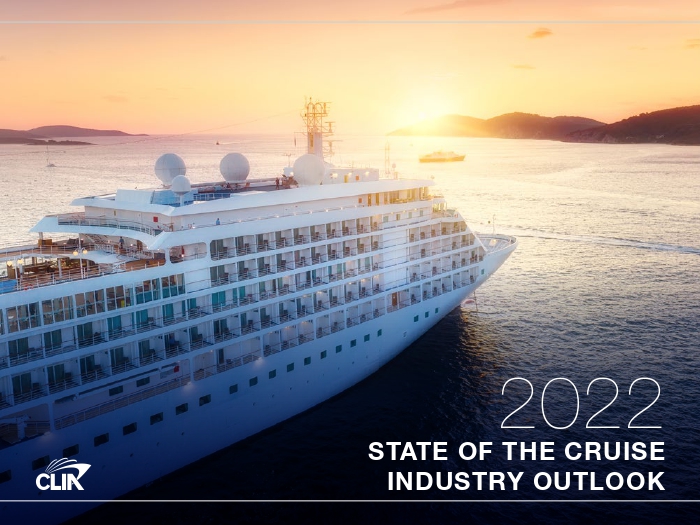
Collaboration with Governments for Sustainable Solutions
Collaboration between the cruise industry and governments is essential for finding sustainable solutions. By working together, industry leaders and policymakers can address the challenges posed by environmental regulations and infrastructure needs. This collaboration is crucial for achieving the industry’s sustainability goals and promoting responsible tourism.
One proposition put forward by the industry is the earmarking of ETS revenues for infrastructure funding. By allocating these funds to support the necessary infrastructure improvements, governments can facilitate the adoption of cleaner energy sources, such as shore power. This collaboration ensures that the cruise industry can meet its environmental obligations while maintaining its economic viability.
Another aspect of collaboration with governments is enabling accessible prices of renewable energy. By working together, the industry and governments can develop policies and incentives to reduce the cost of renewable energy sources. This will make it more affordable for cruise lines to transition to cleaner energy options and promote long-term sustainability.
The potential outcomes of industry-government collaborations are promising. By leveraging the expertise and resources of both parties, innovative solutions can be developed to address infrastructure challenges and reduce environmental impact. These collaborations can serve as models for sustainable practices in other industries and have a positive global impact.
Industry Collaboration and Unification
In addition to collaboration with governments, industry leaders in the cruise industry recognize the need for internal collaboration and unification. By identifying common solutions and working together, the industry can address shared challenges more effectively and drive collective progress towards sustainability.
Efforts towards collaboration are already underway, with cruise lines sharing knowledge, best practices, and resources. By pooling their expertise and resources, industry leaders can accelerate advancements in green technologies, infrastructure development, and sustainable practices. This collaboration aims to maximize the positive impact of the industry and create a more sustainable future for cruising.
The impact of collaboration on the overall development of the cruise industry cannot be overstated. By sharing knowledge and working together, cruise lines can collectively overcome challenges, enhance the passenger experience, and drive innovation. Collaboration fosters a culture of continuous improvement and ensures that the industry moves forward in a sustainable and responsible manner.
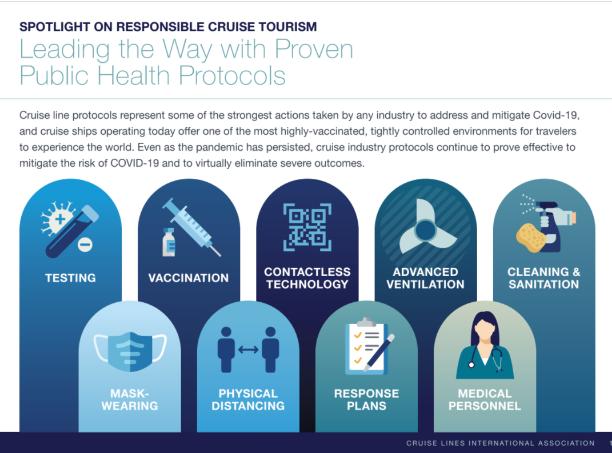
Current Criticism and Controversies in the Cruise Industry
As with any industry, the cruise industry is not without its share of criticisms and controversies. Critics raise concerns about the environmental impact of cruise ships, including emissions, waste management, and damage to marine ecosystems. While some criticisms are valid and require attention, others may be unfounded or based on misconceptions.
The industry recognizes the importance of addressing legitimate concerns and taking responsible actions. Cruise lines have implemented measures to minimize their environmental footprint, including the adoption of green technologies, waste management practices, and environmental monitoring. These efforts aim to mitigate the industry’s impact on the environment and ensure sustainability.
However, unfounded allegations and misconceptions can also impact the operations of the cruise industry. It is crucial for the industry to address these criticisms through open and transparent communication. By providing accurate information and engaging with stakeholders, the cruise industry can address misconceptions and alleviate concerns.
Industry leaders are committed to continuous improvement and are actively working towards addressing criticisms and controversies. Cruise lines are investing in green technologies, improving waste management practices, and collaborating with governments and stakeholders to ensure responsible and sustainable operations.
The Future of the Cruise Industry
Looking ahead, the cruise industry is poised for continued growth and development. Advancements in green technologies, infrastructure improvements, and collaboration with governments and industry stakeholders will shape the future of the industry. These efforts will ensure that cruising remains a sustainable and responsible tourism option.
Predicted advancements and trends in the cruise industry include further investments in innovative technologies, such as artificial intelligence, virtual reality, and digitalization. These technologies will enhance the passenger experience, streamline operations, and improve overall efficiency.
Anticipated challenges for the industry include compliance with stringent environmental regulations, the need for further infrastructure development, and the evolving expectations of passengers. However, the industry is actively addressing these challenges through investments in green technologies, collaboration with governments, and continuous improvement.
The vision for the cruise industry’s future is one of sustainability and global impact. By embracing green technologies, implementing sustainable practices, and collaborating with stakeholders at all levels, the industry aims to become a leader in responsible tourism. The industry’s commitment to the greater good is evident in its efforts towards sustainability and growth.
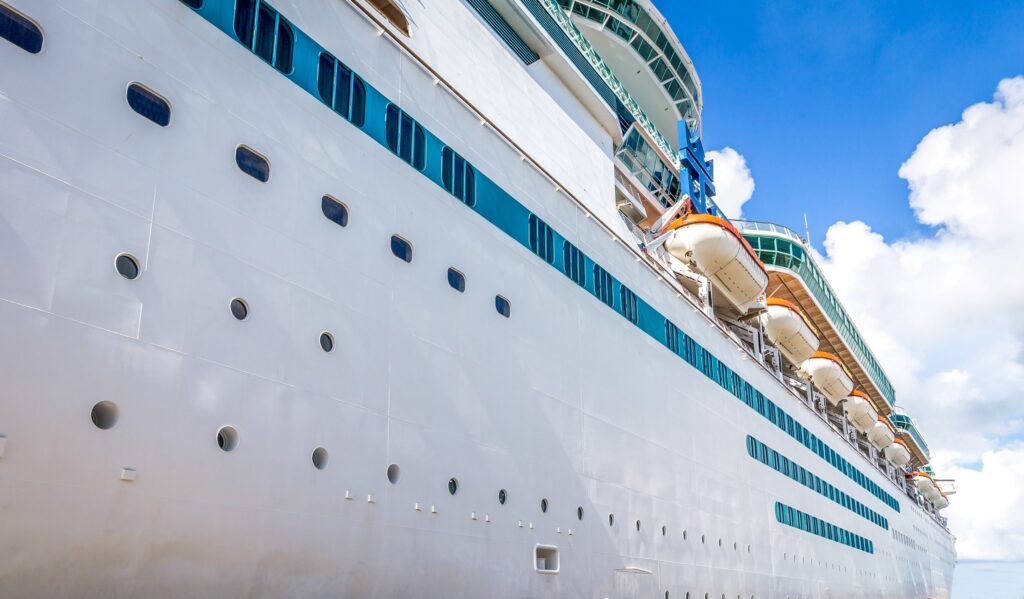
Conclusion: Cruise Industry Moving Forward
In conclusion, the cruise industry plays a vital role in global tourism, offering unique experiences and contributing to the economy of multiple countries. The industry recognizes the importance of collaboration and is actively working towards sustainable solutions.
The industry faces various challenges, including infrastructure limitations and regulatory changes, but it is committed to overcoming them. Collaboration with governments, internal collaboration within the industry, and addressing criticisms are key to ensuring a sustainable and responsible future for cruising.
As advancements in green technologies continue, the industry is poised for growth and development. By embracing innovation, investing in infrastructure, and working together, the cruise industry can navigate challenges and continue to provide an exceptional and responsible holiday experience for travelers worldwide. The journey towards sustainability and growth is ongoing, and the industry remains dedicated to making progress for the greater good.
Source: https://cruiseindustrynews.com/cruise-news/2023/09/vago-collaborate-for-the-greater-good/


